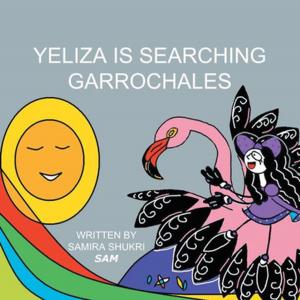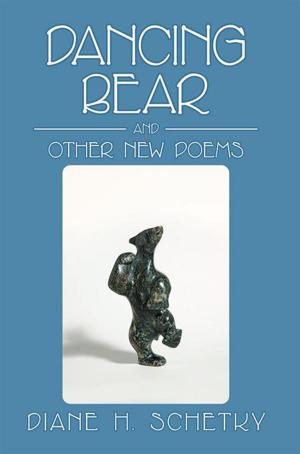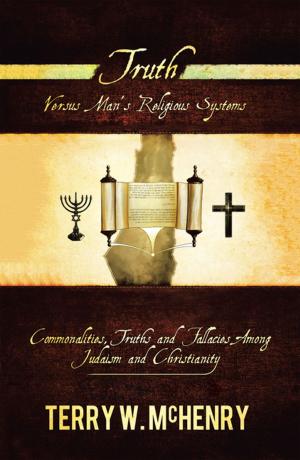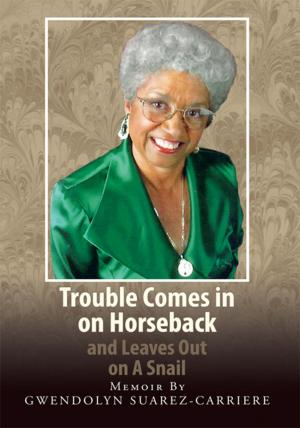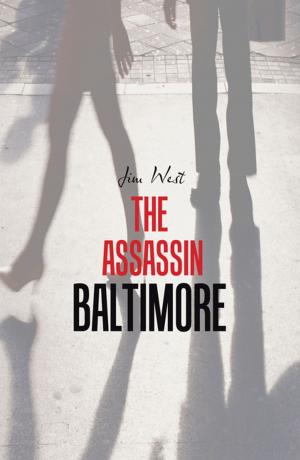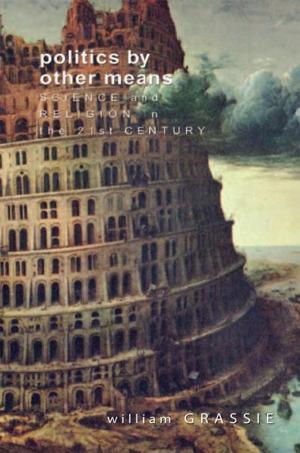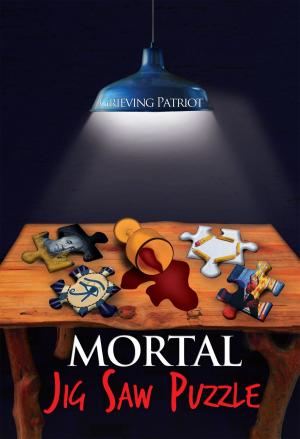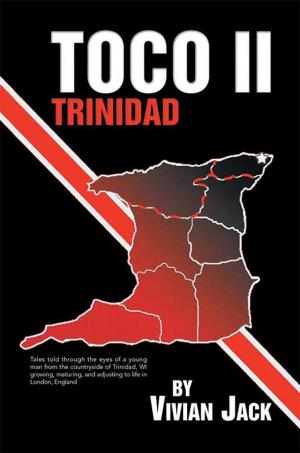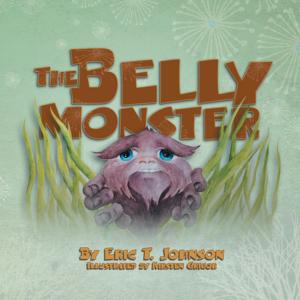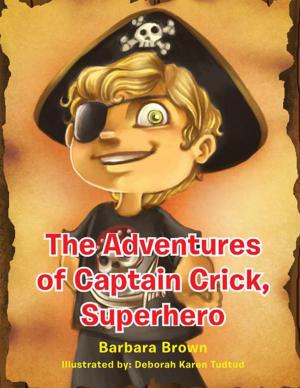| Author: | Samuel C. Say | ISBN: | 9781483600963 |
| Publisher: | Xlibris US | Publication: | February 28, 2013 |
| Imprint: | Xlibris US | Language: | English |
| Author: | Samuel C. Say |
| ISBN: | 9781483600963 |
| Publisher: | Xlibris US |
| Publication: | February 28, 2013 |
| Imprint: | Xlibris US |
| Language: | English |
Representative Chaka Fattah and Councilman Curtis Jones Jr. went through the House of Umoja and were witnesses to the transformational process of young people who identified with individual gangs. Many of these gangs were started in the fifties and expanded throughout the sixties. However in 1968 gang warfare became much more deadly. Once the body counts went up gangs wanted to even the score. It took two dedicated parents who were not only concerned about their own children but their community as well, to set in motion a transformational process which started with their own house and in five years ripped across the city. Through these well organized gangs young people had seen the mean things they could do to each other. David and Falaka Fattah showed them the beautiful things they could do, the importance of community and civic duty. They connected them with both family and African tradition. This is a story that must be told and cannot be forgotten.
Representative Chaka Fattah and Councilman Curtis Jones Jr. went through the House of Umoja and were witnesses to the transformational process of young people who identified with individual gangs. Many of these gangs were started in the fifties and expanded throughout the sixties. However in 1968 gang warfare became much more deadly. Once the body counts went up gangs wanted to even the score. It took two dedicated parents who were not only concerned about their own children but their community as well, to set in motion a transformational process which started with their own house and in five years ripped across the city. Through these well organized gangs young people had seen the mean things they could do to each other. David and Falaka Fattah showed them the beautiful things they could do, the importance of community and civic duty. They connected them with both family and African tradition. This is a story that must be told and cannot be forgotten.

